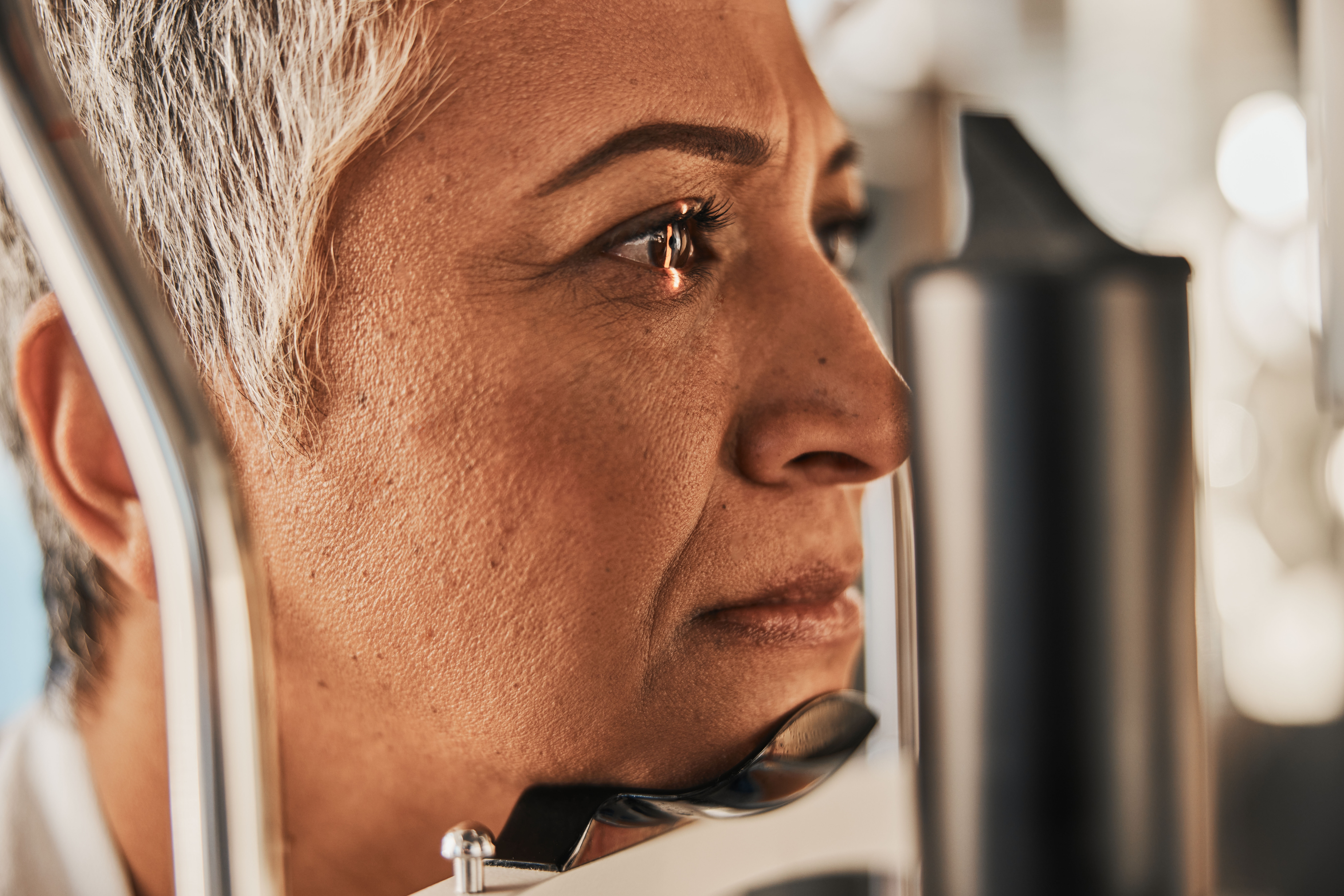Home » The Importance of Retinal Care
The retina plays a crucial role in vision by converting light into neural signals, which are transmitted to the brain. Retinal health is vital for maintaining good eyesight, and when problems occur, they can significantly affect vision, sometimes leading to permanent loss. Retinal diseases and disorders require specialized care, and early detection is key to effective treatment.

The retina is a thin layer of tissue located at the back of the eye. It contains millions of light-sensitive cells (rods and cones) that detect light and color. These cells work together to convert the light that enters your eye into electrical signals. The optic nerve then carries these signals to the brain, where they are interpreted as the images we see. Given its critical role in vision, damage to the retina can lead to severe and irreversible vision problems.
Retinal care is essential for diagnosing and managing diseases that affect this vital tissue. Some common retinal diseases include age-related macular degeneration (AMD), diabetic retinopathy, and retinal detachment. Each condition can cause vision loss if left untreated, so early detection and treatment are crucial.
Early detection is key to managing retinal diseases. Ophthalmologists use state-of-the-art diagnostic tools to assess the retina and detect any abnormalities. Some common diagnostic techniques include:
Retinal diseases require personalized treatment plans based on the type and severity of the condition. Some of the most effective treatments include:
Routine eye exams are crucial for detecting retinal diseases early, especially for individuals with risk factors like diabetes, high blood pressure, or a family history of eye disease. Even if you do not experience symptoms, regular check-ups can help identify retinal problems before they lead to vision loss. Advanced diagnostic technology helps ophthalmologists ensure that any potential issues are caught and treated promptly.
Maintaining good overall health is key to preventing retinal diseases. Some important steps you can take to protect your retina include:
At Tennessee Eye Care, our experienced ophthalmologists are dedicated to preserving your vision and providing top-tier retinal care. Whether you’re seeking treatment for diabetic retinopathy, macular degeneration, or another retinal condition, we are here to help. Schedule an appointment with our specialists today, and take the first step toward protecting your eyesight for years to come.